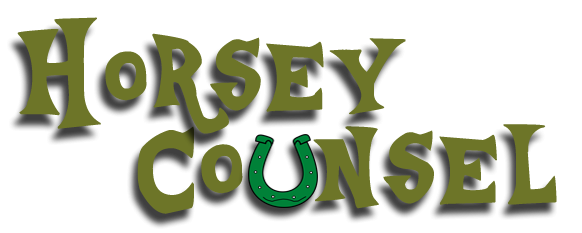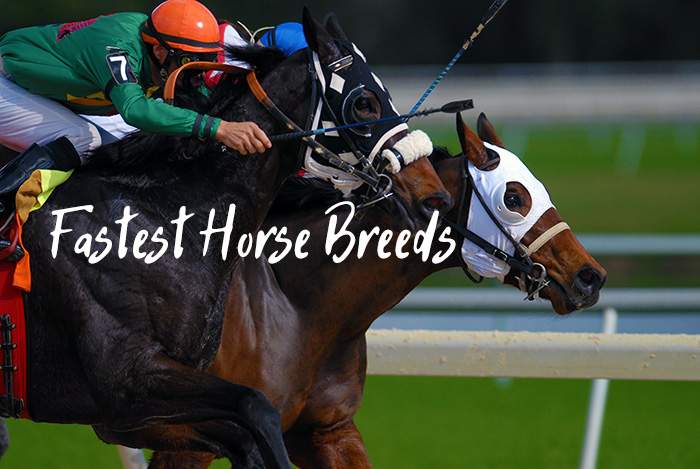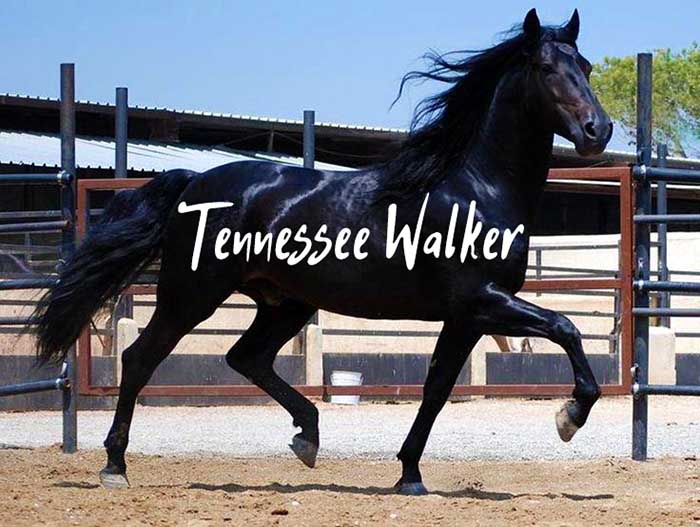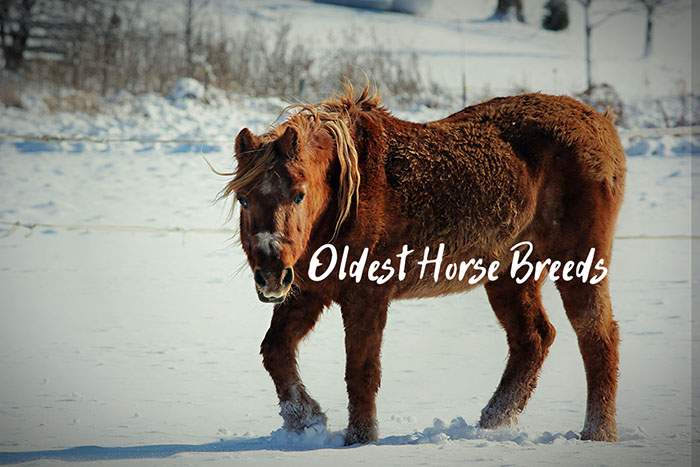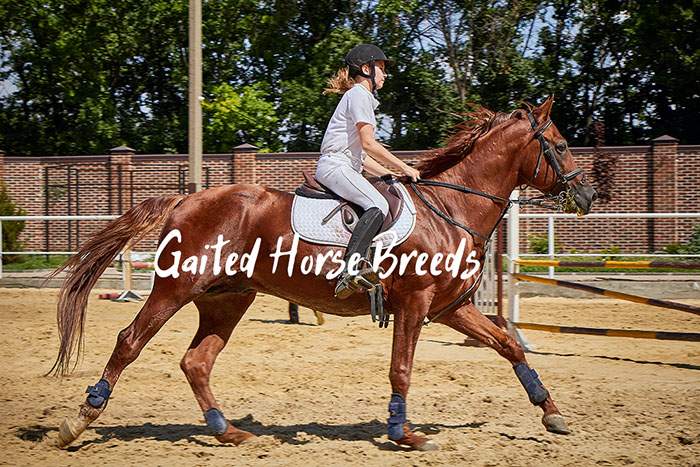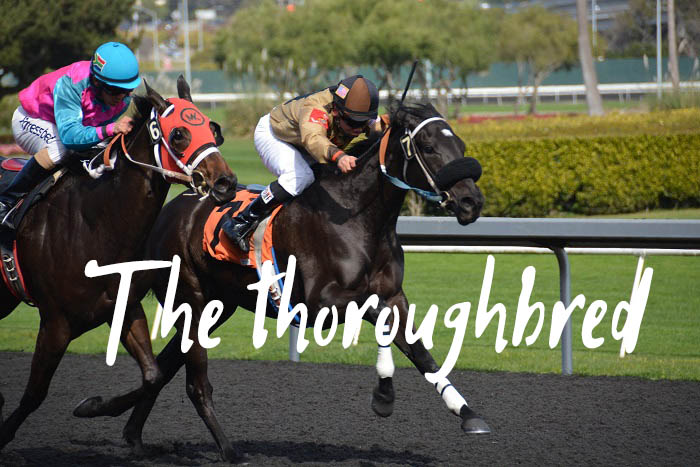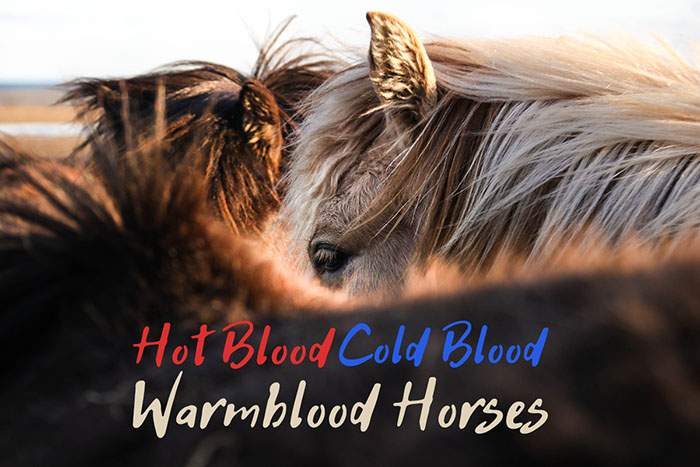What You Need to Know Before Buying a Mini Horse
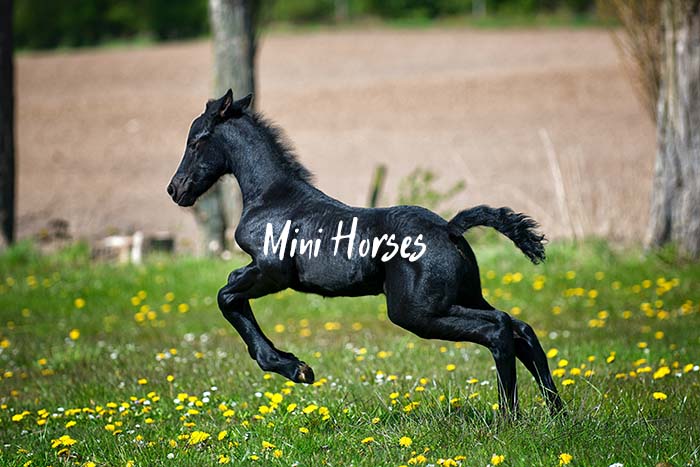
Mini horses are some of the cutest and most loveable equines in the world. They’re so much smaller than regular horses, which makes them much less intimidating. They also take up less space and eat less than regular horses. On paper, they seem like ideal companions, but there are some things that you need to know before buying a mini horse.
Mini horses are not pets – they are still livestock. They require a bit more care when compared to regular horses, but their vet and farrier costs are the same despite their smaller size. Their diet is a bit more complex as they can eat too much if left unattended. Mini horses need weight monitoring because they are prone to becoming overweight.
We’ll discuss all of the above in greater detail in this article, and we’ll also touch on some other aspects such as pricing. My aim is to inform you on the challenges of owning a mini horse but also on the advantages so that you might make an informed decision.
Make sure your property is adequately fenced.
Mini horses are generally calm and incredibly friendly. They’re well-mannered, but they’re also inquisitive and can get bored easily. They’ll try to look for weaknesses in your property’s fencing and will exploit them if left to their own devices. It’s definitely not uncommon for a mini horse to sneak out of the property through small holes in the fence or by crawling under a poorly maintained one.
Before bringing your mini horse home, you should inspect your fencing and make modifications if necessary. You might even need to add a lower line of fencing in addition to the existing pasture fencing in order to prevent the horse from crawling under it.
This all depends on the size of your horse. Some mini horses are larger than others and might not be able to exploit a weak fence. It’s always a good idea to keep your property in check, though.
Don’t buy a mini horse with riding in mind.
Are miniature horses good for riding? Not really, and the reason is simple: they’re just too small. They’re not weak for their size, but their build is not very adequate for riding. They can’t carry much weight on their back, which is why they shouldn’t be burdened with more than 20% of their own weight.
Given the fact that mini horses generally weigh between 250 to 350 pounds, they should only be ridden by humans weighing no more than 65 pounds on average. They can be ridden by small children without too many issues. However, I wouldn’t really recommend using a miniature horse for riding. An actual pony is much better suited for this job.
Be mindful of a mini horse’s diet.
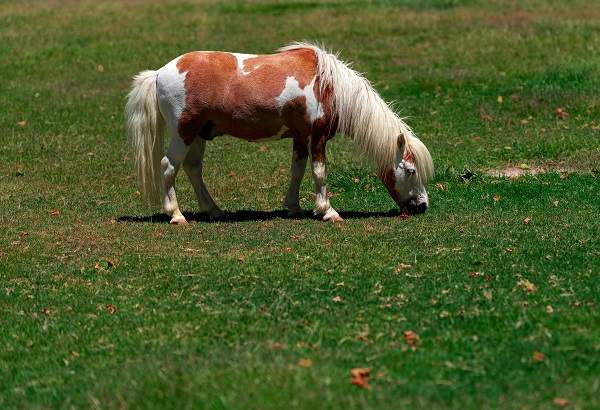
Mini horses are not as easy to keep as you might have thought. When it comes to their diet, it needs careful monitoring. Take grass, for instance: a mini horse will often eat way too much if left on a pasture for extended periods of time. This can cause it to become overweight quickly.
As a mini horse owner, you’ll either need to set it loose on a dry lot, or you might need to invest in a grazing muzzle. Keeping a miniature horse’s diet in check is one of the biggest challenges associated with owning this kind of equine. When in doubt, consult your vet for diet advice, and maybe try to implement a healthy and well-structured feeding plan.
Overweight mini horses are not healthy.
If your small horse does become overweight, you’ll need to take steps to improve its eating habits and overall health. Overweight mini horses will store most of their extra weight around their barrel, which will put a lot of extra stress on their joints as they move around.
Furthermore, being obese will affect their cardiovascular health and will reduce their general quality of life. In order to keep your mini horse’s weight in check, you can weigh it regularly using a large scale. If you don’t have a scale in your barn, you can simply measure its middle section regularly and take note of any changes.
The vet should also measure its weight with every checkup, and if there’s a risk of it becoming overweight, you’ll need to come up with a weight-loss plan. In some cases, you might even need to keep it in its own separate paddock for a while, which is not ideal.
A mini horse requires training just like a normal horse.
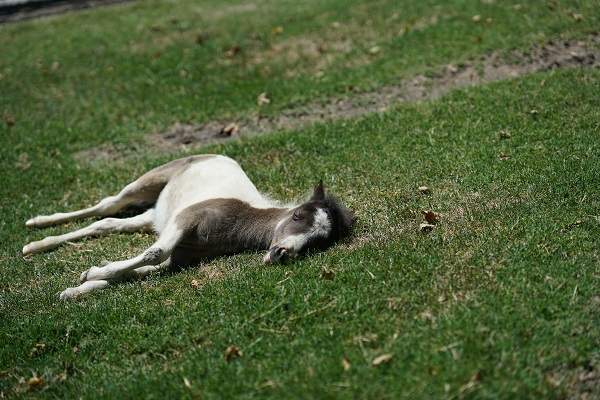
You won’t train your mini horse for riding, true, but you can still teach it a thing or two. Halter training is one of the most popular exercises for mini horses, but lunging and other groundwork are also important to master.
You’ll want to train your mini horses regularly in order to maintain their mental discipline as well as their physical fitness. For a mini horse, its main “enemies” are lack of exercise and eating too much.
It goes without saying that you shouldn’t overtrain your mini horse either. Its physique is not designed for hard labor. Light fitness training is always welcomed, though.
You won’t be saving a lot of money.
Don’t buy a mini horse just to save a few pennies on vet and farrier costs. These services will set you back just as much as they would if you owned a regular-sized horse. You’ll still need to pay for teeth floating, vaccinations, hoof trimming, and horseshoes.
When it comes to boarding a mini horse, some barns might give you a discount for your small equine but most will charge you just the same for a stall. In the long run, you’ll only save money on feeding costs, as mini horses eat considerably less when compared to large horses.
If you’d like to figure out how much does it cost to own a mini horse, just have a look at this article I wrote on horse ownership costs. You’ll have to use a lower number for the feeding costs, obviously, but other than that the formula stays true.
How much does a mini horse cost?
Mini horses have the same traits as larger horses. They just come in a smaller package. That being said, their pricing doesn’t reflect their smaller stature. A mini horse will set you back somewhere between $1000 and $150,000 in some rare cases.
Keep in mind that miniature horses were created by humans by breeding different horse species throughout the years. A mini horse’s price will be greatly influenced by its conformation, pedigree, size, and even show record.
Conclusion.
There are several things that you might want to take note of before buying or adopting a mini horse. Here’s a quick recap:
- They are not well-suited for riding.
- Your property needs to be adequately fenced.
- A mini horse is prone to overeating.
- A mini horse can become overweight quickly.
- This small horse will require training.
- You won’t be saving much on vet, farrier, and boarding costs.
- Mini horses can be expensive to buy.
Do you own a mini horse? If so, let me know if you’ve encountered any challenges with its upkeep, and how you overcame them.
